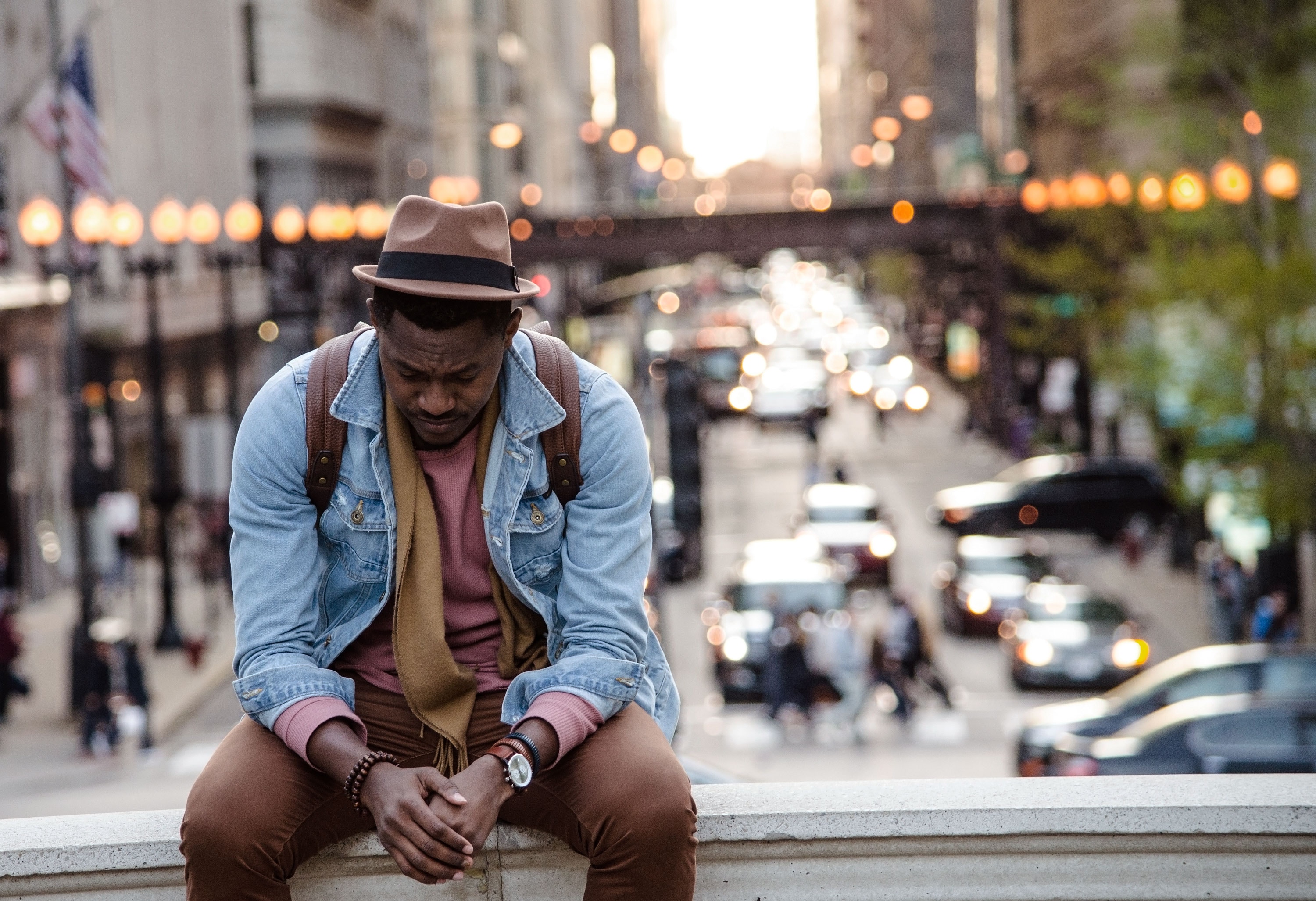
I spoke to Imam Dawud Walid of CAIR-MI over the weekend about sacred activism and the limits of ‘woke’ culture for our podcast episode on the subject, which will be released this week, inshaAllah.
Part of our discussion covered the issue of Adab in activism. A subject that can feel deeply uncomfortable to some in the activist space who believe ‘policing’ the behavior of the oppressed should not be a priority in the context of fighting for social change. I also have some difficulties with this notion. I’m comforted by the story of a woman whose son died and the prophet, peace to him, attempted to comfort her when she retorted that he had no idea what she was going through and the prophet simply left her alone. At that moment she did not know it was the prophet, peace to him, speaking to her. Upon this discovery she went to him and he told her, “Verily, the patience is at the first stroke of a calamity.” (Bukhari, Funerals, 372) There’s a lot one can take from that story but what I appreciate most is the prophet’s patience with those in suffering. In her moment of grief he did not scold her or preach to her about Adab, he simply left her alone (then later gave her naseeha). I believe we can extract from this example the importance of giving others space to grieve, to hurt and to be angry.
Yet, while I sympathize with righteous indignation and privilege the pain of the oppressed over the feelings of the privileged group I also feel it’s important to resist the urge to make individuals from the privledged group “pay” for the sins of the group. While I realize it may sound like respectability politics (which I don’t wholly believe is negative), I also acknowledge that we’re all responsible for our own actions and the indignities we’ve suffered do not give us an allowance to blindly recompense every member of that privileged group with the same pain hurled against us.
And for those in the activist space looking to create social change, there’s also wisdom to prioritizing Adab. I understand activists who stress that’s it’s ‘not their job’ to educate the ignorant but I think it’s also important for us to ask ourselves not solely what the other party ‘deserves’ but also what would best bring us to our goal, i.e. being combative is not always the best path forward. What if Asiya, may Allah be pleased with her, instead of persuading Pharaoh to adopt baby Musa with the gentle words, “Here is a joy behold for me and for you! Do not kill him: he may be of use to us or we may adopt him as a son” (28:8-9), instead demanded that he not continue his cruelty by killing yet another Hebrew boy? We can safely assume she’d be dead for attempting to disrupt his authority and call out his brutality, and from a causal perspective, the subsequent events that led to Pharoah’s eventual expulsion from power would not have occurred. If such kind words led to the dramatic overhaul of an entire society maybe we too can be introspective enough to prioritize kindness and Adab even against the worst of oppressors.
There’s a time and place for anger, but those who wish to ‘fight the good fight’ in the long term need to develop strategies that are in alignment with their faith values. Sacred activism, that focuses on utilizing righteous strategies for just ends must be the path forward for all activists who hope for both social change and God’s pleasure.
______________
Listen to the podcast in the link above and be sure to catch future podcasts by subscribing to ‘In the Days of Noor’ on Soundcloud and iTunes. And be sure to subscribe to our YouTube channel for video clips from the podcast: Youtube.com/c/NoorAlQuddus





As-Salaamu ‘alaikum,
I believe we need to distinguish between actual oppressed people, i.e. people suffering actual abuse or tyranny in private or public, and nominally oppressed people, i.e. members of groups which are considered to be oppressed in general such as women, Black people and so on; similarly, actual oppressors from the generally privileged. I have seen a number of examples of people in the second category using their ‘oppression’ as an excuse for bad behaviour such as not acting with any courtesy during a disagreement in which they believe the other party has been presumptuous, or making assumptions about someone’s motives (or claiming they do not matter, which Islam teaches is not the case), or making generalisations such as “men are trash” which from a Muslim point of view is blasphemy.
We must remember to think like Muslims and act like Muslims in all things and not adopt ideologies just because they are in vogue in the wider world, including the race or gender activist community. When we are told “you must do this” or “you must accept that”, we must ask “is this from Allah and His Messenger?”, sall’ Allahu ‘alaihi wa sallam. This does not mean we do not talk about or criticise racist attitudes or misogyny within the Muslim community, but the Muslim rules of adab do not go away just because you are dealing with someone who has never harmed you but is of a kind who has oppressed you or people like you. We must remember that the Muslim community is under grave threat both in the US and in Europe, we will all need each other and we must beware of people sowing division by exploiting or exaggerating racial divides.
“Verily, the patience is at the first stroke of a calamity.” very true !